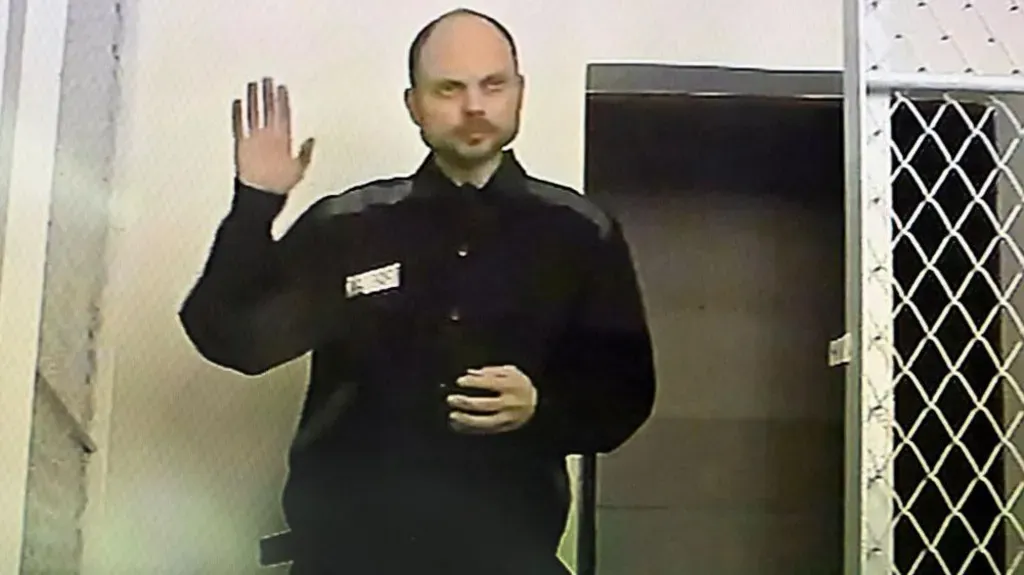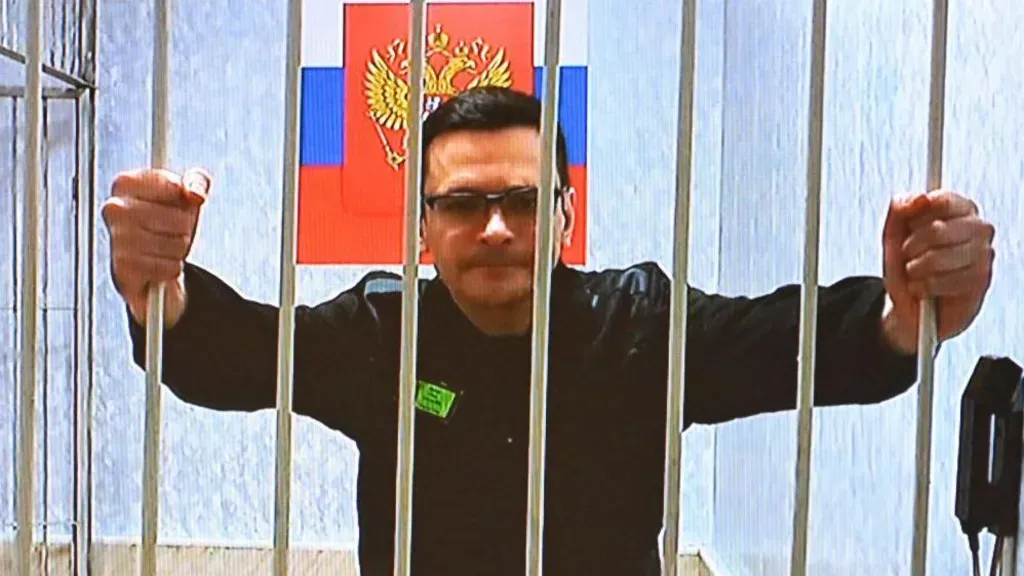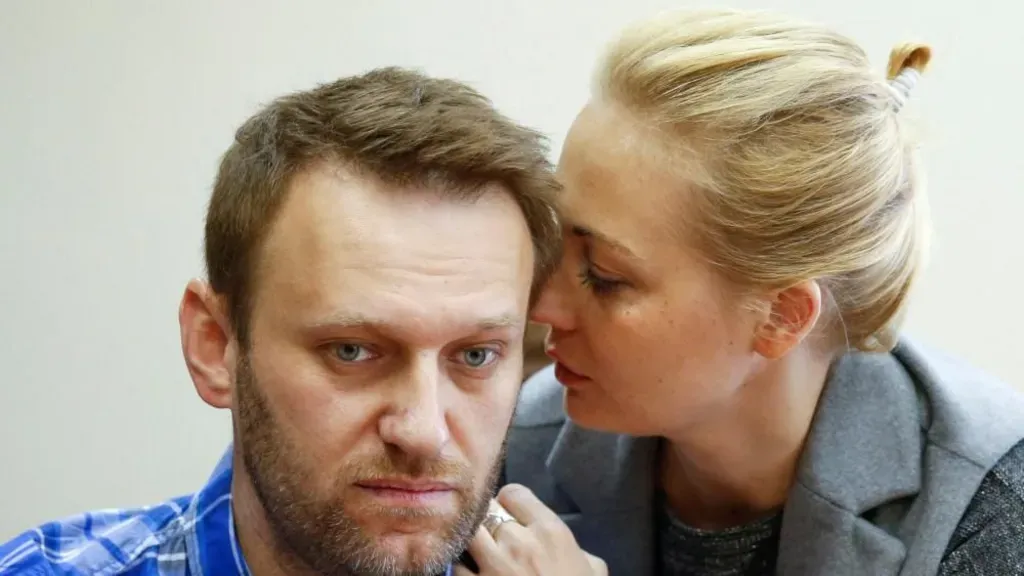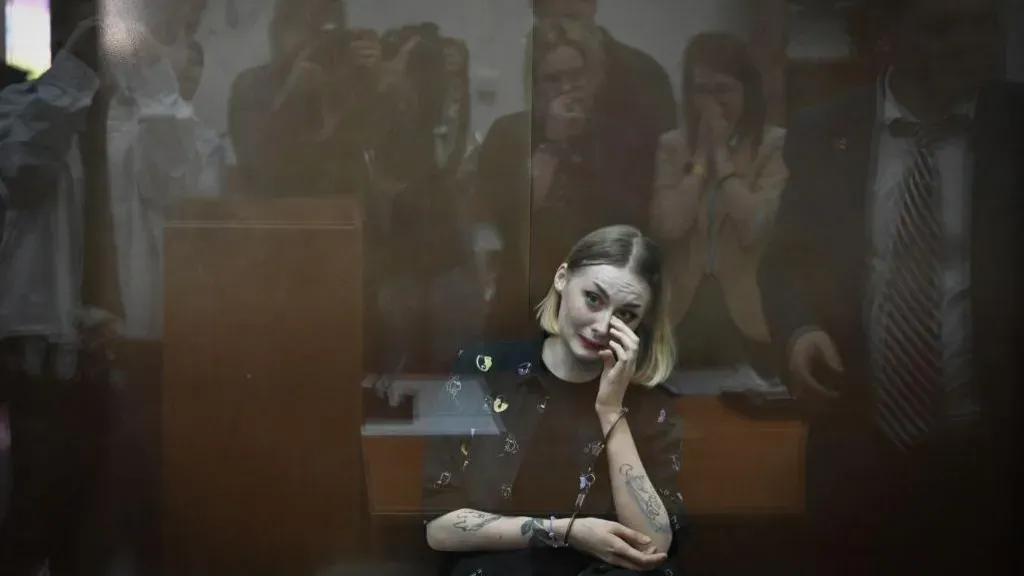In Vladimir Putin’s Russia, dissent is met with severe repression, reflected in a growing array of laws targeting basic freedoms. Since Russia’s full-scale invasion of Ukraine in February 2022, the Kremlin has expanded its legal arsenal to stifle criticism and suppress dissent. These measures, often reminiscent of Soviet-era practices, aim to control public discourse and eliminate opposition. This article explores how these laws have been used to smother dissent and the broader implications for Russian society.

Legislation Targeting Freedom of Speech
One of the most significant legal tools against critics is the law criminalizing the spread of “deliberately false information” about the Russian military. Passed swiftly after the invasion of Ukraine, this law was justified by Kremlin spokesperson Dmitry Peskov as necessary to combat an “unprecedented information war” against Russia.

According to human rights group OVD-Info, over 300 individuals have been charged or convicted under this law. High-profile cases include Ilya Yashin, sentenced to eight and a half years in prison for criticizing the murder of civilians in Bucha, and Vladimir Kara-Murza, who received a 25-year sentence for accusing Russian troops of war crimes. Even ordinary citizens, like Russian-language tutor Raisa Boldova, have faced severe penalties, including compulsory psychiatric evaluations, for their critical views.

Criminalizing “Discrediting” the Russian Army
Another recent law penalizes “discrediting” the Russian military, covering a wide range of activities from wearing blue-and-yellow clothing to expressing anti-war sentiments. For instance, a village priest was fined for praying for peace and referencing the commandment “Thou shalt not kill.” Similarly, actions such as writing anti-war slogans on cakes or listening to Ukrainian music have been interpreted as discrediting the Russian army.
The “Foreign Agents” Law
The “foreign agents” law further restricts dissent by targeting individuals and organizations receiving funding from abroad. This label undermines the credibility of those affected and mirrors Soviet-era practices of branding dissenters as “enemies of the people.” Organizations such as election monitor Golos, the Levada Centre, and independent news outlets have been designated as “foreign agents,” impacting their operations and public perception. Books by these “foreign agents” are disappearing from shelves, reflecting the law’s chilling effect on intellectual freedom.
Bans on “Undesirable” Organizations
The designation of organizations as “undesirable” results in an outright ban. This includes international NGOs like Greenpeace and key Russian media outlets. The disbanding of Alexei Navalny’s Anti-Corruption Foundation, declared “extremist,” exemplifies this tactic. Navalny himself was imprisoned and died in custody in February 2024, with his widow accusing President Putin of responsibility. The suppression extends to Navalny’s lawyers, many of whom have also faced arrest.

Restrictions on Public Protests
Public demonstrations in Russia face stringent restrictions, with approval required from authorities, which is rarely granted for critical rallies. “One-person pickets” are allowed but frequently shut down under various pretexts. For instance, a man was fined for wearing blue-and-yellow shoes, while a journalist was visited by police over photos of herself in a yellow coat against a blue sky.
Legislative Repression and Its Implications
The Kremlin’s use of laws to legitimize repression is a key aspect of its control strategy. Amnesty International’s Natalia Prilutskaya highlights how vague legal wording allows law enforcement to broadly interpret and enforce these laws. Dmitrii Anisimov of OVD-Info emphasizes the role of legal norms in facilitating the actions of Russia’s security apparatus, which operates within a bureaucratic framework that benefits from such expansive and often ambiguous legislation.
Prilutskaya attributes the climate of repression to President Putin’s ambitions, arguing that his policies have pushed Russia towards a severe crisis. The combination of these repressive laws, alongside a broader crackdown on dissent, illustrates the extent to which the Russian government seeks to suppress opposition and control public discourse.
Conclusion
Russia’s evolving legal landscape reflects a deepening repression of dissent and a broader clampdown on freedoms. The expansion of laws targeting speech, public expression, and foreign influence reveals a regime increasingly willing to use legal mechanisms to stifle opposition and maintain control. As Russia continues its military actions and faces internal dissent, these laws underscore the broader implications for human rights and freedoms in the country.
FAQ
1. What is the “deliberately false information” law?
This law criminalizes the spread of false information about the Russian military. It has been used to prosecute individuals who criticize Russia’s actions in Ukraine, even when the information is accurate but contradicts the official narrative.
2. How has the law against “discrediting” the Russian military been applied?
The law penalizes various actions interpreted as critical of the military, including wearing blue-and-yellow clothing (symbolic of Ukraine), writing anti-war slogans, and even praying for peace.
3. What does the “foreign agents” law entail?
The law targets individuals and organizations receiving foreign funding or deemed under foreign influence. They must label all their public communications with this designation, which undermines their credibility and effectiveness.
4. What is meant by “undesirable organizations”?
Organizations labeled as “undesirable” face outright bans in Russia. This designation has been used against NGOs and media outlets, effectively erasing them from public life.
5. How are public protests regulated in Russia?
Public protests require official approval, which is rarely granted for rallies critical of the government. “One-person pickets” are allowed but often disrupted, and there are penalties for minor actions seen as dissent.


